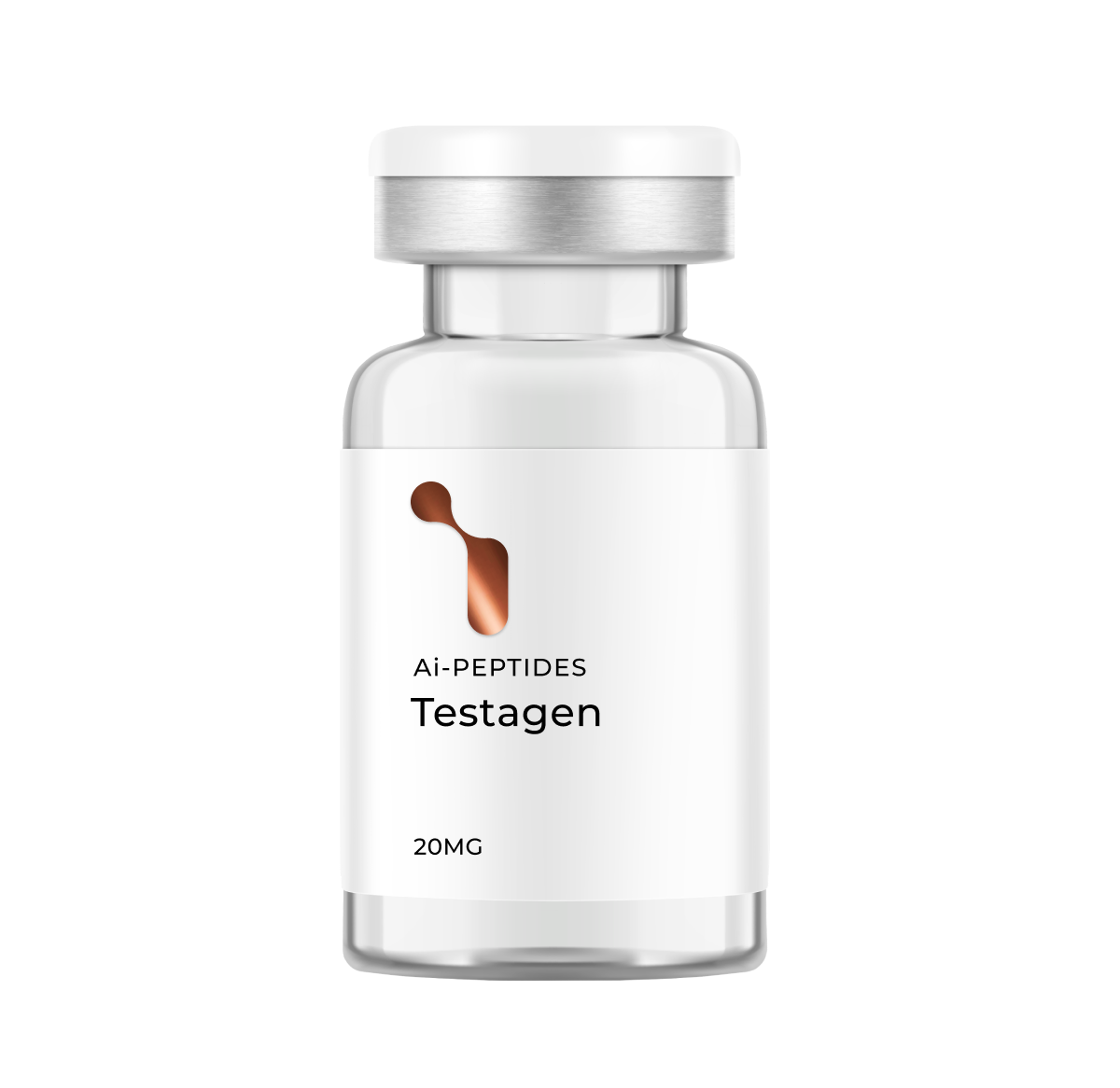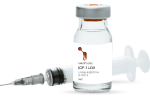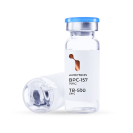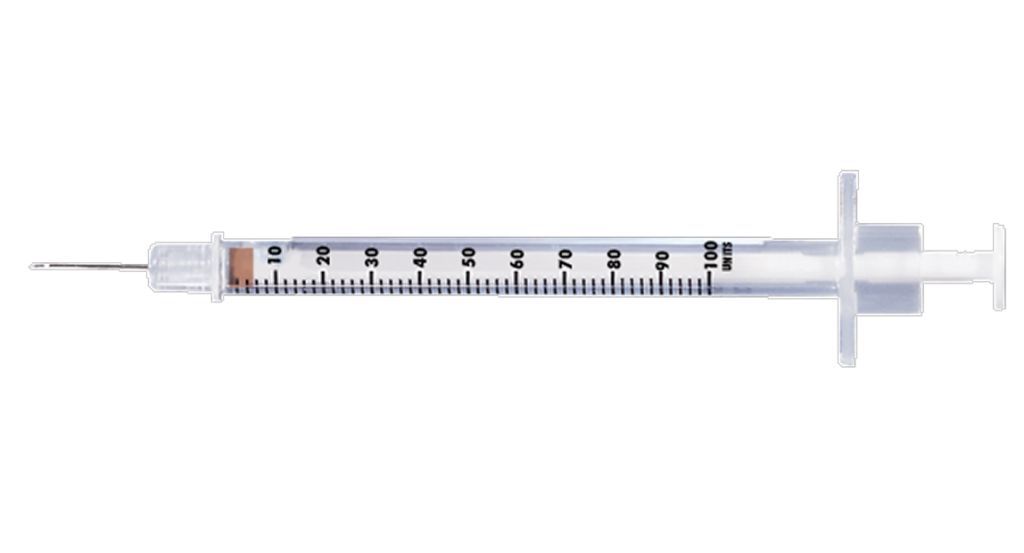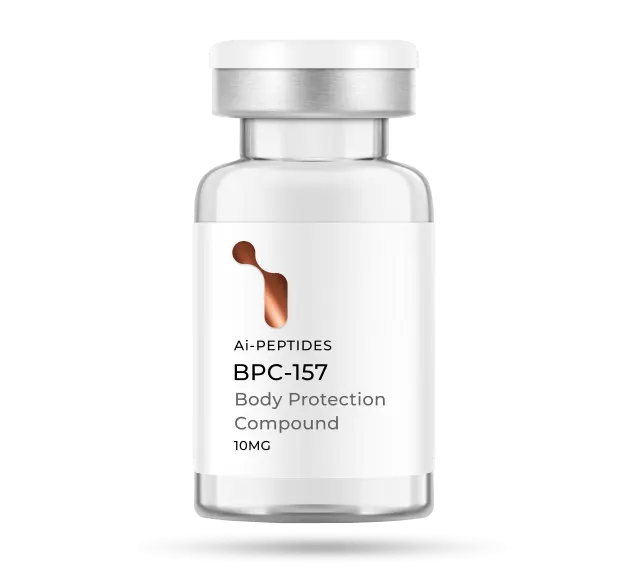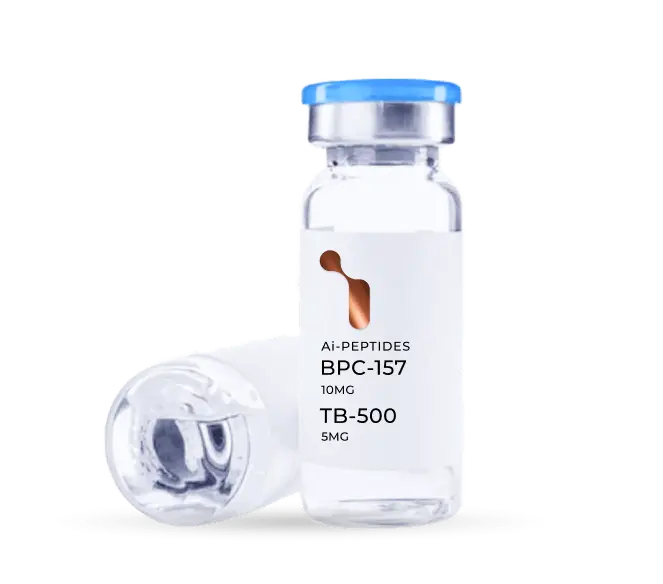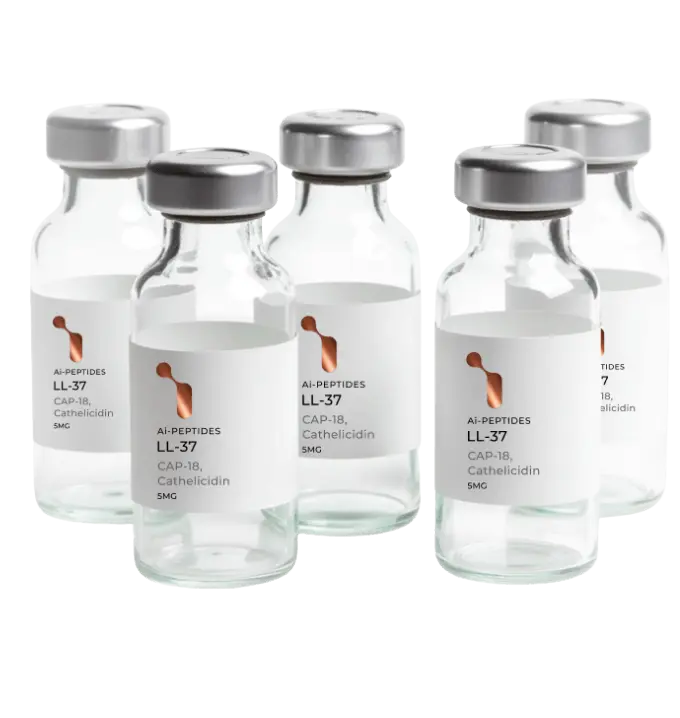Testagen is discussed as a bioregulatory peptide that helps researchers probe the pituitary’s “control signals” and how those messages flow downstream to the thyroid and other endocrine targets. In plain language, it’s a simple tool for studying top-level hormone coordination in controlled models.
In research contexts, teams look at markers tied to pituitary output, thyroid hormone balance (T3/T4/TSH dynamics), and related knock-on effects that touch metabolism, energy balance, and immune signaling. Some groups also explore stem-cell–related readouts to see whether regulatory cues shift differentiation patterns under defined conditions. These are research signals, not medical outcomes, and results vary by model and protocol.
What sets our Testagen apart is clean, verified quality. Each batch is identity-confirmed (e.g., mass spectrometry) and purity-checked by HPLC, with ≥99% purity (typical). You receive a lot-specific Certificate of Analysis (COA) showing real test data—proof you can read and cite in your records.
We emphasize repeatable consistency. Specifications are kept tight from batch to batch and every lot is tracked, so when you reorder you can match the same analytical profile you liked before—useful for comparisons, method development, and follow-up work.
If you value clarity, documentation, and high purity for endocrine/bioregulatory research, Testagen from AI Peptides delivers exactly that—verified identity, transparent COA, and reliable consistency—so you can focus on the science with confidence.
